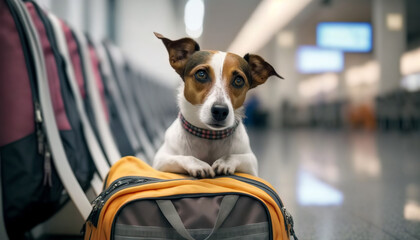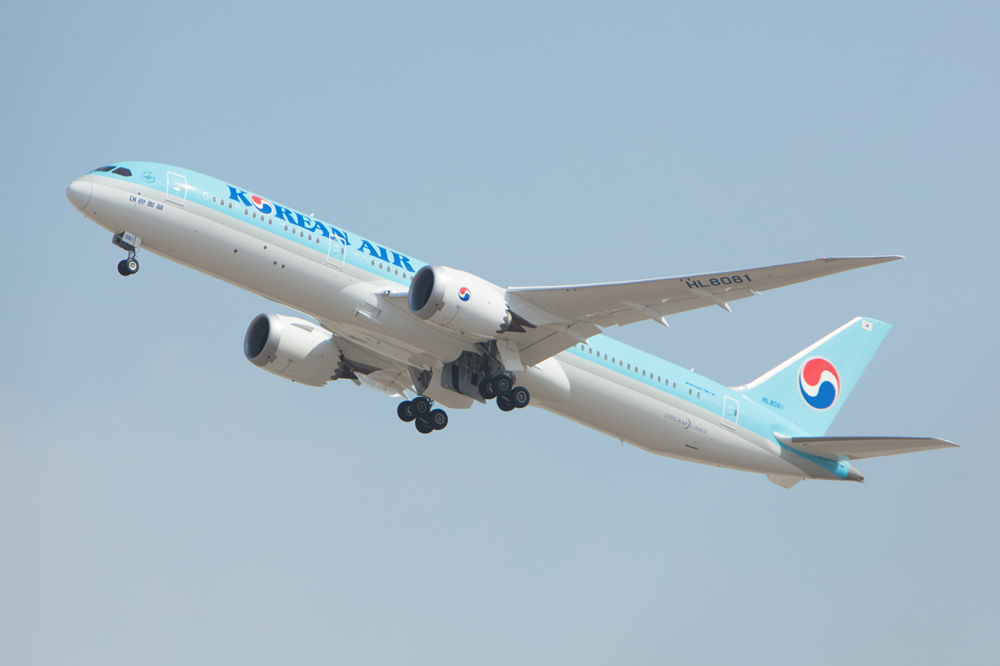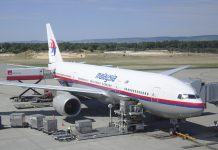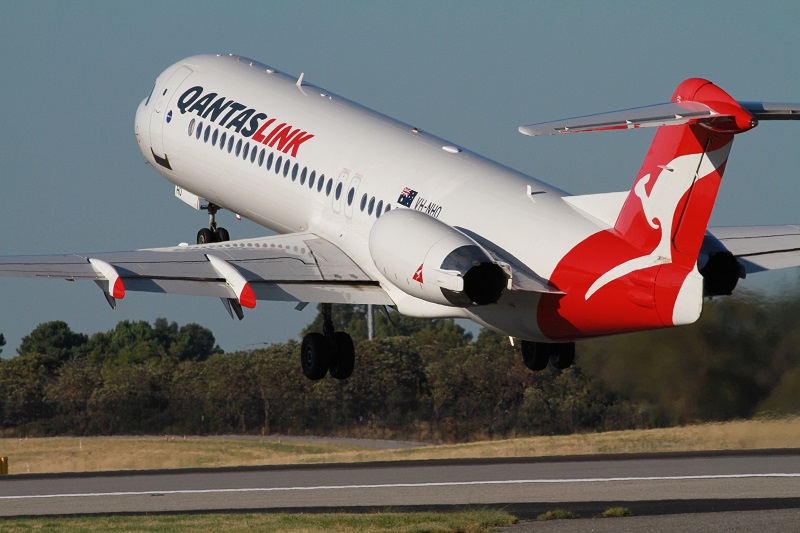Qantas has highlighted its robust balance sheet strength with a 3rd quarter update stating it has a war chest of A$3.5 billion to withstand the chill winds of COVID-19, which are costing it $40 million a week.
In a statement to ASX Qantas said it had secured a further $550 million in funding against three of its wholly-owned Boeing 787-9 aircraft.
This follows the $1.05 billion raised in March against seven 787-9s.
It said that net debt is now within the middle of the target range, at $5.8 billion.
The Group has no financial covenants on any existing or new debt facilities and no significant debt maturities until June 2021.
SEE: When does London look like Mars?
Qantas said that it has sufficient liquidity to respond to a range of recovery scenarios, including one where the current trading conditions persist until at least December 2021.
The Group currently has $2.7 billion in unencumbered aircraft assets and can raise funds against these if required.
It states that “at the start of the crisis, the Group acted quickly to wind down cash burn through employee stand-downs, a pause on virtually all capital and operating expenditure and revised agreements with key suppliers.”
However, Perth Airport, said there was no “agreement” whatsoever with Qantas refusing to pay fees since January.
Qantas said that as at close of business May 4, 2020, total short-term liquidity stands at $3.5 billion, including a $1 billion undrawn facility.
The Qantas Group is now operating just 13 per cent of its domestic network and 6 per cent of international.
Under the circumstances, it said that it has extended existing domestic and Trans-Tasman flight cancellations beyond end-May through to the end of June 2020.
International flight cancellations will be extended through to end-July 2020.
Qantas said that the “initial easing of government restrictions suggests some domestic travel may start to return before the end of July – though initial demand levels are hard to predict. The Group will continue to monitor the situation and can increase capacity with a minimum lead time of around one week.”
Qantas Group chief executive Alan Joyce said: “Our cash balance shows that we’re in a very strong position, which under the circumstances we absolutely have to be. We don’t know how long domestic and international travel restrictions will last or what demand will look like as they’re gradually lifted.
“Our ability to withstand this crisis and its aftermath is only possible because we’re tapping into a balance sheet that has taken years to build.
“Australia has done an amazing job of flattening the curve and we’re optimistic that domestic travel will start returning earlier than first thought, but we clearly won’t be back to pre-coronavirus levels anytime soon. With the possible exception of New Zealand, international travel demand could take years to return to what it was.
“We’re expecting demand recovery to be gradual and it will be some time before total demand reaches pre-crisis levels. That means we need to think about what the Qantas Group should look like on the other side of this crisis in order to succeed.”
























